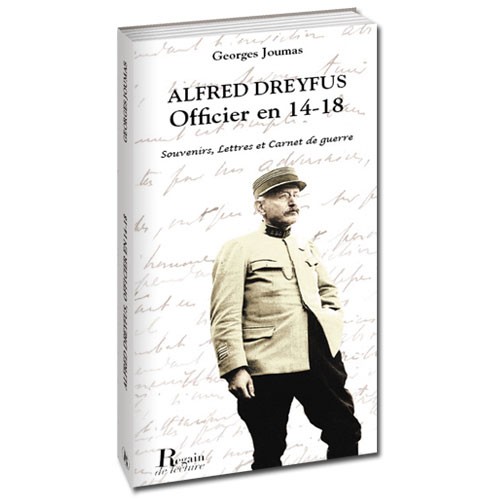

Moreover, for unexplained reasons, Read emphasizes the work of some recent historians who dispute the accepted view that anti-Semitism was at the heart of Dreyfus’s conviction. While absorbing and perceptive in parts, Read’s (The Death of a Pope) effort often feels disjointed and lacks the nuance of Ruth Harris’s and Frederick Brown’s recent books on the Dreyfus affair. Biography & Autobiography / Historical History / Europe / General. It’s unclear what bearing these facts have on the question of Dreyfus’s innocence or guilt or on the fracture that emerged in France between Dreyfus’s supporters (including Emile Zola and his famous “J’accuse” statement) and his enemies. Alfred Dreyfus was a French army captain of Jewish descent who was accused. Herzl witnessed mobs shouting Death to the Jews in France, the home of the French Revolution, and resolved that there was only one solution: the mass. Read writes that even Theodor Herzl, who founded modern Zionism reportedly on account of the Dreyfus case, initially believed the evidence showing Dreyfus was guilty. In 1894, Captain Alfred Dreyfus, a Jewish officer in the French army, was unjustly accused of treason, mainly because of the prevailing anti-Semitic atmosphere.
Alfred dreyfus biography trial#
But though innocent, according to Read, a British writer known for Catholic-themed novels who sees the Dreyfus affair as a defining moment in the history of the Catholic Church, Dreyfus was a less than admirable figure: arrogant, very intelligent, but awkward and abrupt, with no friends at work and several questionable extramarital relationships. Alfred Dreyfus : biography 9 October 1859 12 July 1935 Alfred Dreyfus ( 9 October 1859 12 July 1935) was a French artillery officer of Jewish background whose trial and conviction in 1894 on charges of treason became one of the most tense political dramas in modern French and European history.


The wrongful 1895 conviction of French-Jewish army captain Alfred Dreyfus as a German spy was based on fabricated evidence.


 0 kommentar(er)
0 kommentar(er)
